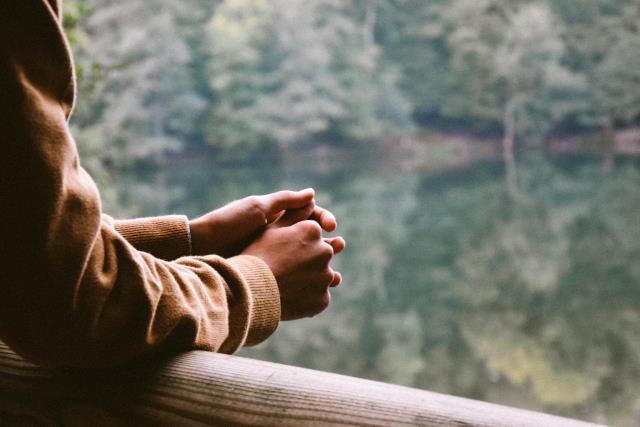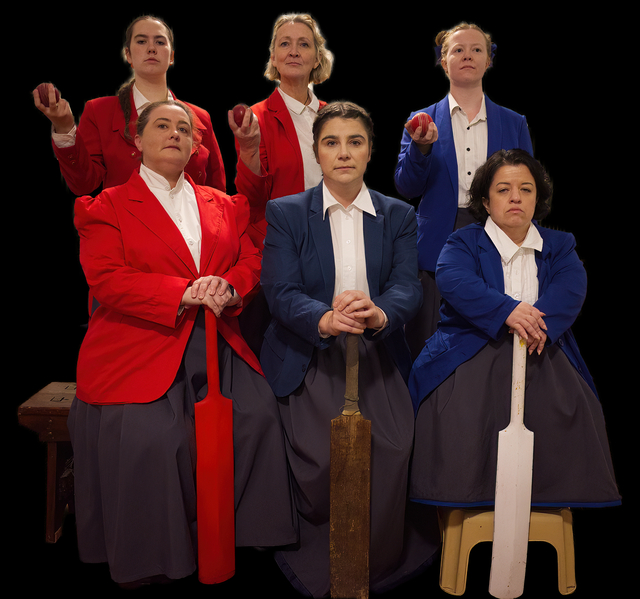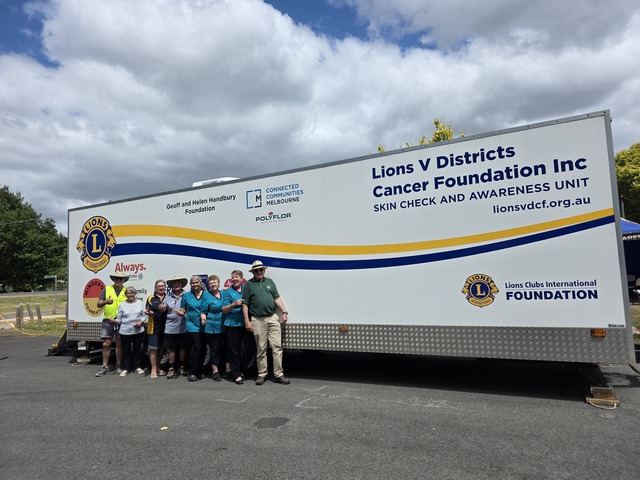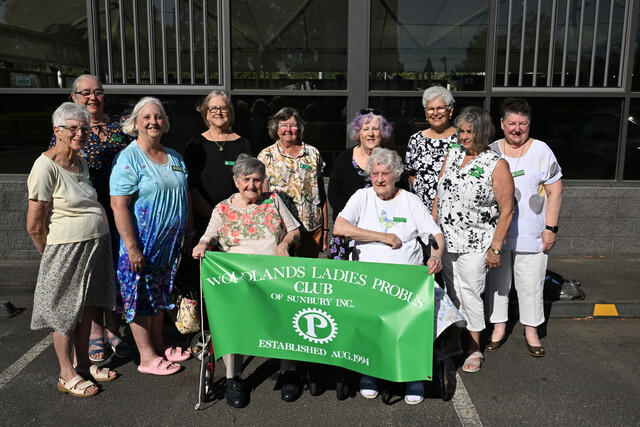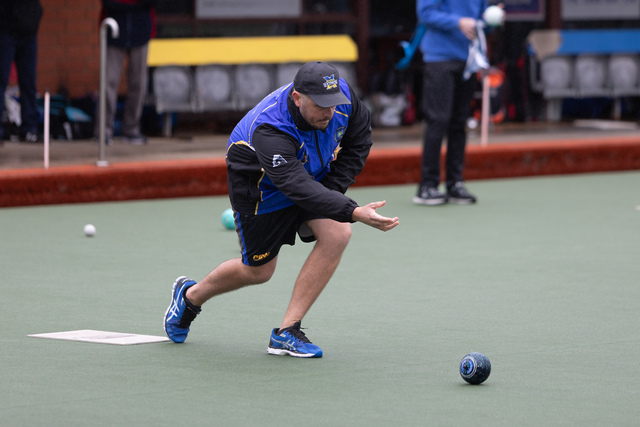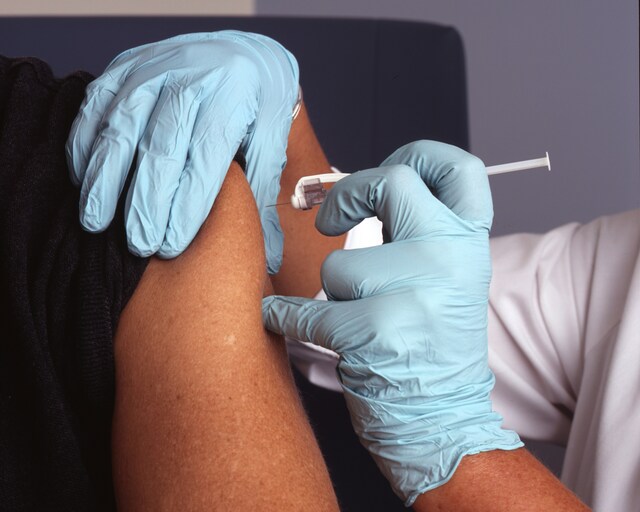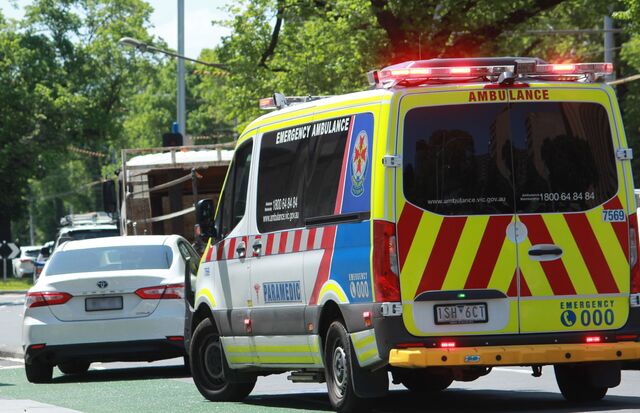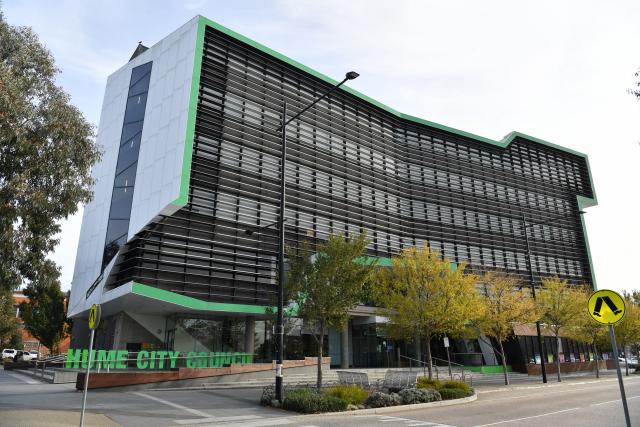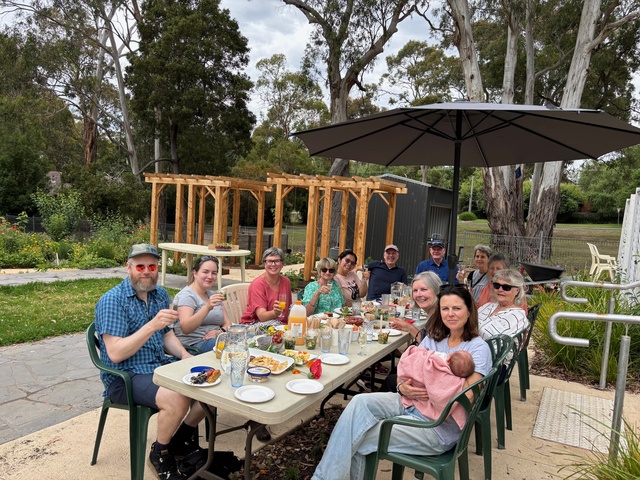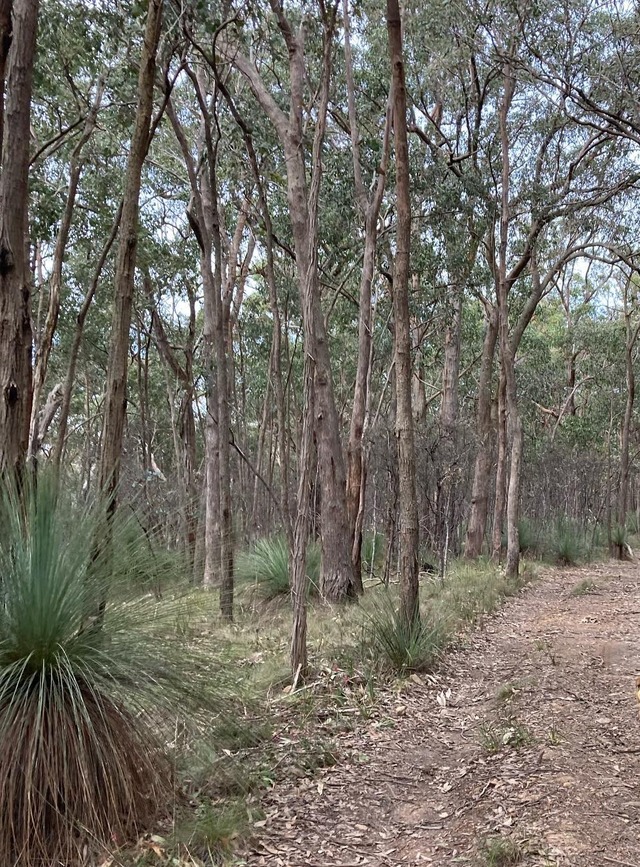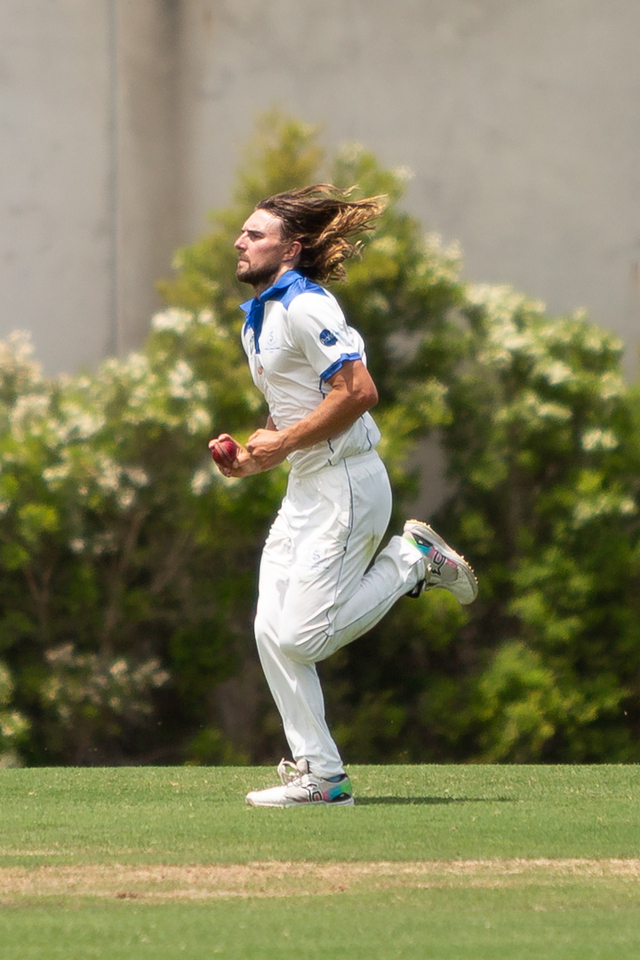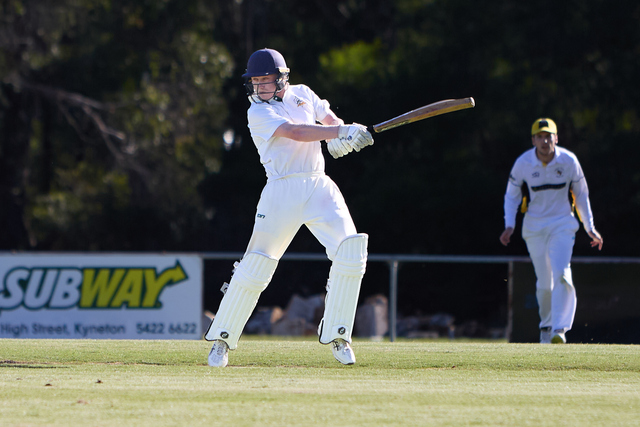Community-based programs are the crucial cog in the system that will improve below average mental health outcomes for men in the Macedon Ranges, according to new research.
Developed with funding from the North Western Melbourne Primary Health Network (NWMPHN) and VicHealth’s Macedon Ranges Suicide Prevention Site, the Human Code report draws on research conducted by mental health organisation Orygen.
The research drew on a survey of 376 community members and interviews with 30 men from the area.
Orygen associate professor Simon Rice said the survey findings indicated traditional stereotypes of masculinity and self-reliance were inhibiting the shire’s men from properly dealing with their complex emotional problems.
“They [stereotypes] can also have an impact on issues like suicide rates, incidence of family violence and alcohol use-related harm,” Mr Rice said.
“We found that one in five men indicated experiencing shame in asking for help. Over half of men agreed that boys and men wouldn’t be comfortable talking about their mental health before they reach a breaking point.”
These findings come as the community grapples with an alarming rate of deaths by suicide.
A 2018 NWMPHN report found the shire to be the “only municipality that has a [suicide] rate that is statistically significantly higher than the Australian rate”.
Speaking with Star Weekly in July, Mental Health Foundation of Australia vice-chairperson Jim Gooden said the Macedon Ranges was “an anomaly” and that further research was needed to understand the issue.
The Orygen report has recommended the introduction of community-based programs, school engagement and greater engagement with health service providers to address the issue.
Fitting the bill of Orygen’s recommended response is Youth Live4Life, which since being established in the shire in 2016 has received statewide recognition for its roll out of programs in regional areas.
Sunbury and Cobaw Community Health general manager Jeremy Hearne said his organisation was looking forward to working alongside local organisations to drive change.
“We now have the information we need to start a genuine conversation with the community on the impact traditional masculine stereotypes can have on the health of men and boys,” Mr Hearne said.
If you need mental health support, contact Lifeline on 13 11 14.

